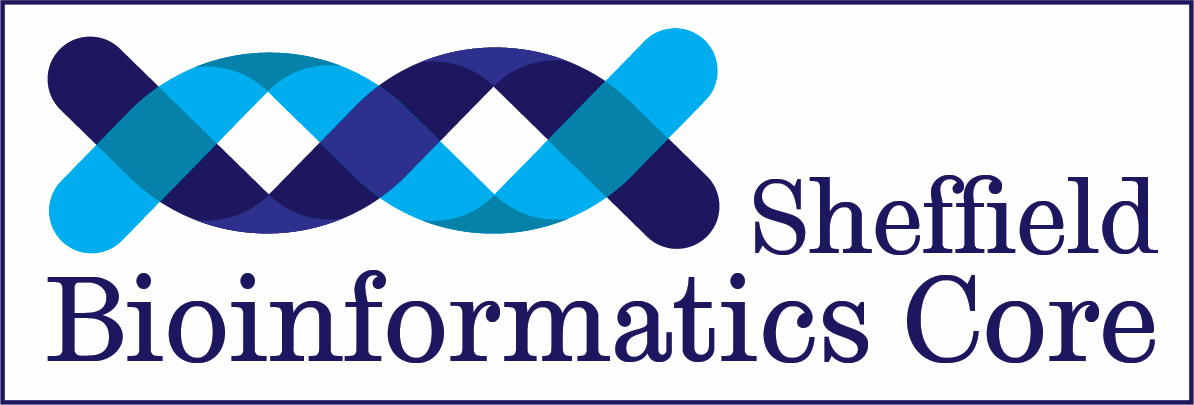You will need to attend all three sessions to complete the workshop
Some basic R knowledge is assumed (and is essential). Without it, you will struggle on this course. If you are not familiar with the R statistical programming language we strongly encourage you to work through an introductory R course before attempting these materials. We recommend reviewing Parts 1 and 2 of our R introductory course before deciding if you can attend
You can sign-up to attend either in-person or online using this link
If you are registering to attend as a University of Sheffield staff or student, you will be prompted for a password. This should have been sent to you in an announcement email.
In this workshop, you will be learning how to analyse RNA-seq count data, using R. This will include reading the data into R, quality control and performing differential expression analysis and gene set testing, with a focus on the DESEq2 analysis workflow. You will learn how to generate common plots for analysis and visualisation of gene expression data, such as boxplots and heatmaps. You will also be learning how alignment and counting of raw RNA-seq data can be performed in R. This workshop is aimed at biologists interested in learning how to perform differential expression analysis of RNA-seq data when reference genomes are available.
Researchers in life sciences who want to get an appreciation for the computational steps involved in RNA-seq analysis, and how to execute best-practice RNA-seq workflows in R.
You will need to bring an internet-enabled laptop to the course and install the latest versions of both R and RStudio before coming to the course
Install R by downloading and running this .exe file from CRAN. Also, please download and run the RStudio installer for Windows. Note that if you have separate user and admin accounts, you should run the installers as administrator (right-click on .exe file and select “Run as administrator” instead of double-clicking). Otherwise problems may occur later, for example when installing R packages.
Install R by downloading and running this .pkg file from CRAN. Also, please download and run the RStudio installer for Mac
You can download the binary files for your distribution from CRAN. Or you can use your package manager (e.g. for Debian/Ubuntu run sudo apt-get install r-base and for Fedora run sudo yum install R). Also, please download and run the RStudio installer.
For queries relating to collaborating with the Bioinformatics Core team on projects: bioinformatics-core@sheffield.ac.uk
Join our mailing list so as to be notified when we advertise talks and workshops by subscribing to this Google Group. You can also connect with us on Linkedin.
Requests for a Bioinformatics support clinic can be made via the Research Software Engineering (RSE) code clinic system. This is monitored by Bioinformatics Core staff, so we will ensure the appropriate expertise (which may involve individuals from multiple teams) will be available to help you
Queries regarding sequencing and library preparation provision at The University of Sheffield should be directed to the Multi-omics facility in SITraN or the Genomics Laboratory in Biosciences.
